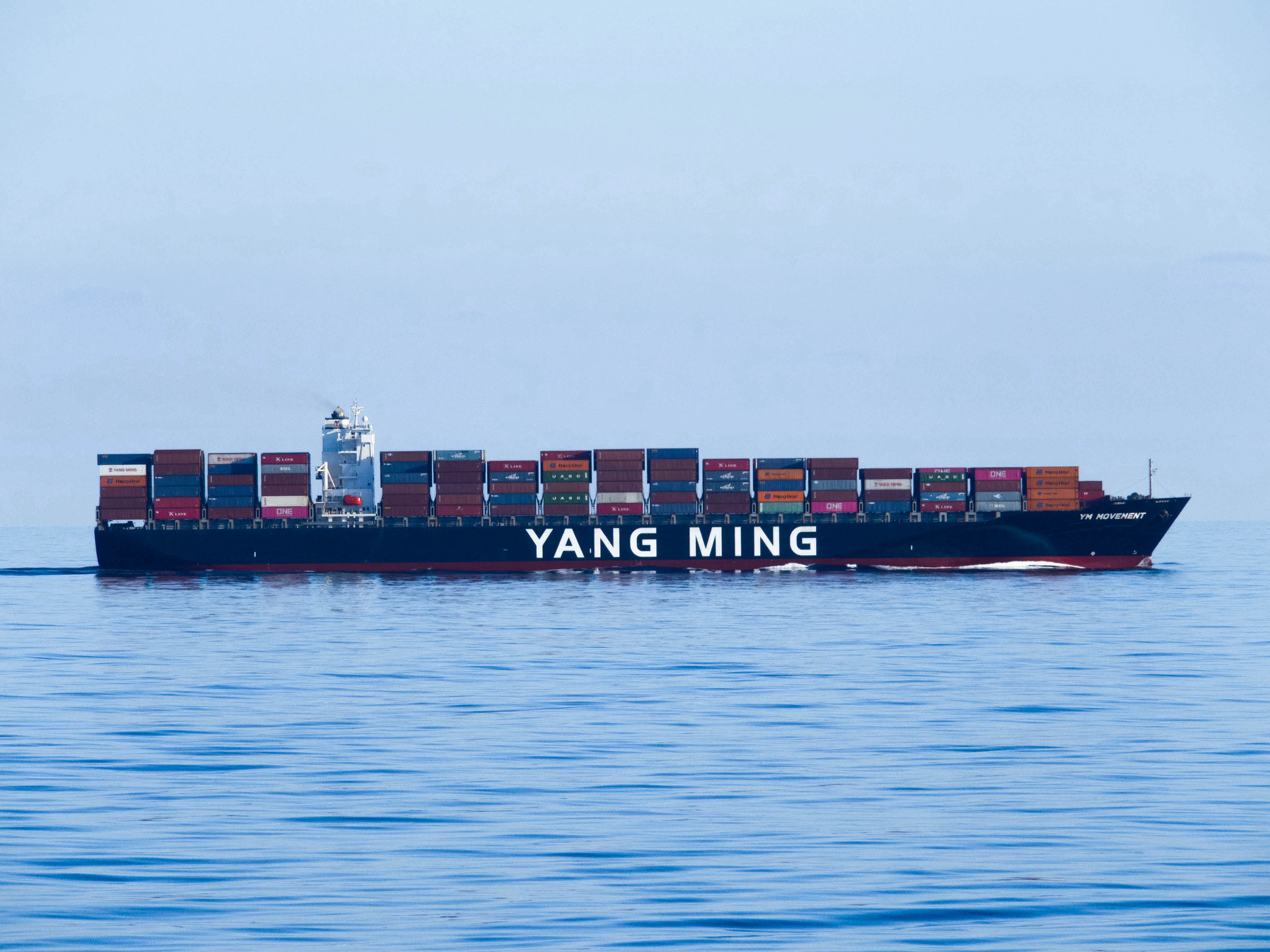By Dominic DeGrinney and Justin Malone, Staff Writer and World News Editor
The Biden administration has officially declared the Houthi rebel group as “specially designated global terrorists” (SDGT) in a move that comes amid the Yemen-based militants continuing to execute drone and missile attacks on military and commercial vessels in the Red Sea.
The designation, which was officially announced by the Department of State and the White House last Wednesday, reverses part of an earlier decision by the U.S. government to remove the Houthis’ SDGT designation in February 2021. The group, also known as Ansar Allah has been relisted as an organization that is considered to “threaten the security of U.S. nationals or the national security, foreign policy or economy of the U.S.”
The decision to make the SDGT designation emphasizes the administration’s pressure campaigns against the Yemeni group, which functions as the de facto government in parts of Yemen.
The SDGT tag means that it is illegal for American citizens to provide any financial or material support to the group. It freezes any assets the Houthis could have in the U.S. that could financially support the group.
The U.S. has urged the Houthi to stop the attacks and has given a period of 30 days until the new designation and sanctions are implemented.
“These attacks fit the textbook definition of terrorism,” National Security Adviser Jake Sullivan said in a statement following the Department of State’s announcement.
“They have endangered U.S. personnel, civilian mariners and our partners, jeopardized global trade and threatened freedom of navigation,” he added.
The Houthis began attacking ships in the Red Sea and Gulf of Aden in response to the conflict in Gaza and said that they would continue attacking targets until the conflict between Israel and Palestine stops.

“We will not give up targeting Israeli ships or ships heading towards ports in occupied Palestine … in support of the Palestinian people,” Houthi spokesperson Mohammed Abdelsalam said.
Officials said that they designed the financial penalties of the agreement to minimize its impact on Yemen’s 32 million people, who are among the world’s poorest after years of wars between the Houthi group and another Saudi-led coalition.
Other groups noted that the decision risked accelerating Yemen into widespread famine, with Oxfam Associate Director Scott Paul noting that the threat was on “another level of uncertainty and threat for Yemenis who are still caught in one of the world’s largest humanitarian crises.”
President Biden has stated that despite the new sanctions against the Houthi, supplies will still be provided to the nation whose people depend on humanitarian aid.
“The people of Yemen should not pay the price for the actions of the Houthis. We are sending a clear message: commercial shipments into Yemeni ports on which the Yemeni people rely for food, medicine and fuel should continue and are not covered by our sanctions,” Biden said.
Despite U.S. and allied efforts to retaliate against the attacks the conflict in the region has led some shipping lines to reroute their ships, threatening a wider regional conflict.

The U.S. and the U.K. conducted a further round of strikes Monday against 14 targets in Yemen which were controlled by Houthi — marking the eighth time in nearly two weeks the U.S. has attacked Houthi sites — in an attempt to stop the group from targeting shipping routes.
Conflict in the Red Sea has affected commercial activity and the oil trade, as the Suez Canal and the Red Sea connects Europe to Asia.
According to the Suez Canal Authority, 55 ships have rerouted via the Cape of Good Hope since Nov. 19 from the attacks. Two major freight firms, including the Mediterranean Shipping Company, which is the world’s biggest container shipping line, said that they would avoid the Suez Canal to avoid the risk of their ships being subject to Houthi attacks throughout their shipping routes.













You must be logged in to post a comment.